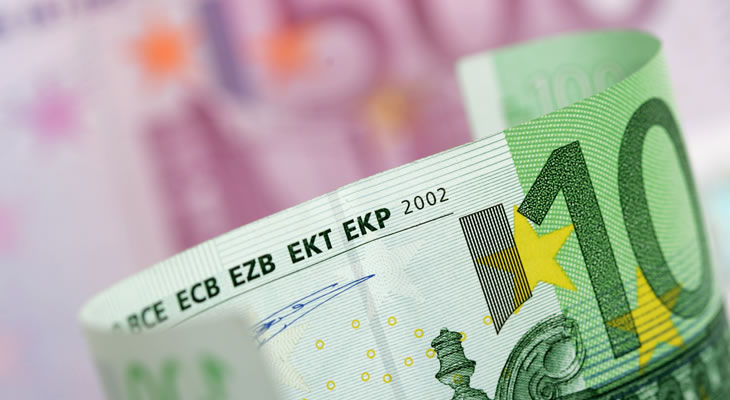Unexpectedly Strong German Construction Weighs on Pound Sterling Euro (GBP/EUR) Exchange Rate
A solid uptick in February’s German construction PMI dented the Pound Sterling to Euro (GBP/EUR) exchange rate.
As the PMI strengthened to a 13-month high of 54.7 this offered investors fresh cause for confidence in the outlook of the Eurozone’s powerhouse economy.
Although the construction sector is not the most influential portion of the German economy this sharp increase in growth still gave the Euro (EUR) a boost against its rivals.
Commenting on the data, Phil Smith, Principal Economist at IHS Markit, noted:
‘The construction sector looks to be on strong foundations, with the latest data showing order books growing for a sixth straight month and at one of the quickest rates since the survey began back in 1999.’
A weaker US Dollar (USD) also offered a boost to EUR exchange rates on Wednesday as the US trade deficit continued to widen.
GBP/EUR Exchange Rate Muted as Brexit-Based Uncertainty Persists
Worries over Brexit continued to limit the appeal of Pound Sterling (GBP), meanwhile, as progress towards a final agreement remained lacking.
With officials still at odds on the subject of the Irish backstop markets continue to fear the prospect of a no-deal or disorderly form of Brexit.
As the Brexit deadline approaches GBP exchange rates look increasingly vulnerable to market jitters, with uncertainty still casting a significant shadow over the economic outlook.
February’s Halifax house price index could offer the Pound a rallying point, however, if the data points towards a strengthening housing market.
Any signs of resilience within the UK economy, and improved household confidence, may give the GBP/EUR exchange rate a boost in the short term.
Another underwhelming figure, though, would leave the Pound exposed to additional selling pressure on Thursday.
Dovish ECB Meeting Could Drive Euro (EUR) Exchange Rates Lower
The GBP/EUR exchange rate could benefit from the European Central Bank’s (ECB) latest policy meeting, however.
Signs of increased dovishness among policymakers could weigh heavily on the Euro, with the odds of a 2019 interest rate having already fallen.
If the ECB looks more likely to return to a monetary loosening bias this may give investors incentive to pile out of the single currency once again.
Comments from ECB President Mario Draghi could put additional pressure on EUR exchange rates, especially if he expresses caution over the economic outlook.
Unless the ECB shows signs of confidence in the resilience of the Eurozone economy support for the Euro looks set to diminish.
On the other hand, a more upbeat tone from Draghi may encourage the single currency to trend higher across the board on Thursday.


Comments are closed.